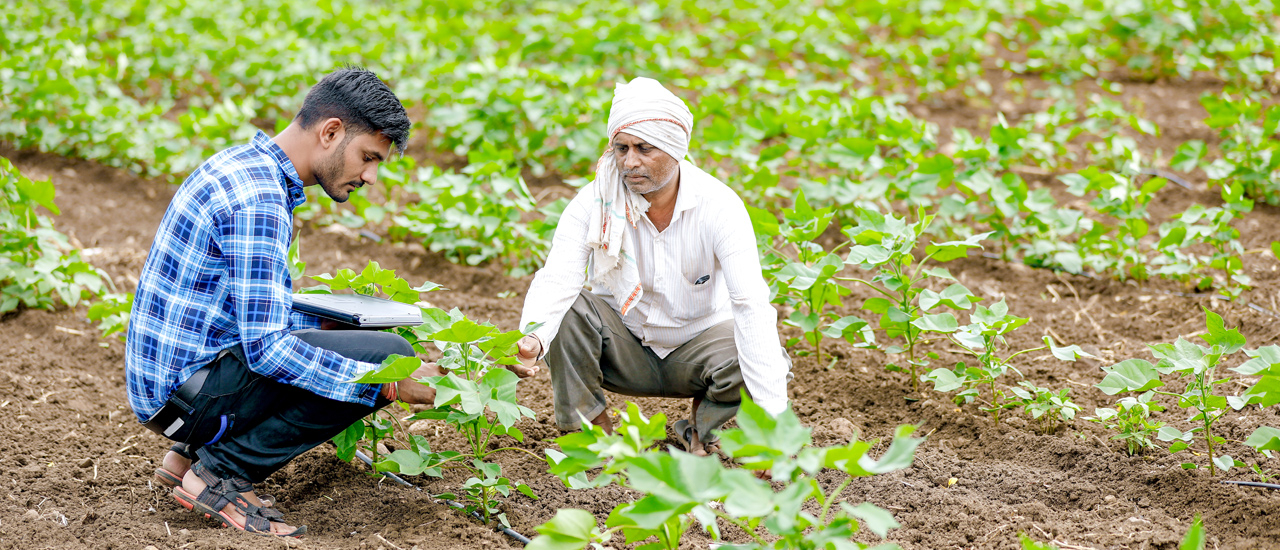
Can India Influence Post-Covid-19 World Order? – Current Opportunities In India
Ecovis in Mumbai
“Tat Tvam Asi” (meaning Thou art that, That thou art, That art thou, You are that, or That you are) is the powerful message in Hinduism of peaceful co-existence, a message which challenged the entire world in the first quarter of 2020.
Intuition and an understanding of the Indian psyche is key to successfully govern India, and its current political leaders are considered by this author to be strong in this regard.
The current regime has launched various initiatives to make improvements across the country:
- Swachh Bharat – a country-wide campaign which ran from 2014-2019 to improve hygiene practices and sanitation in both urban and rural areas.
- Make in India / Startup India – two separate programs launched in 2014 and 2016 respectively, to boost start-up culture, create entrepreneurs and turn India into a global business and manufacturing hub.
- Aayushman Bharat – a national health scheme launched in 2018, providing free essential healthcare to its most socio-economically vulnerable citizens.
- PM Kisan – an initiative introduced in 2018, providing income support for farmers.
- Padhan Mantri Awas Yojana (PMAY) – a scheme launched in 2015 to provide affordable housing to the poor, living in urban areas.
- Smart Cities – an urban renewal program launched in 2015, with the aim of improving infrastructure and sustainability in cities across the country.
- Digital India – a campaign which began in 2015 to improve online infrastructure and improve internet connectivity across India.
The above programs throw light on the Indian government’s vision. Similarly, this government’s response to the COVID-19 pandemic demonstrates its ability to align all for a common purpose.
Likewise, the response from all the democratic “pillars”; media, parliament, civic society, plus the various scientific, administrative and political stakeholders, has been exemplary so far. What is left to see is how the initiaves aimed at minimising the effects of COVID-19 are implemented and maintained, which might then save lives and livelihood throughout the country.
The Honourable Prime Minister of India, Narendra Modi, understands the pulse of the Indian masses. Modi is championing various causes including capacity building for society’s most vulnerable citizens, India’s role as a global leader of environmentalism, and growth of the rural economy using Mahatma Gandhi’s trusteeship model as well as his concept to decentralize the rural economy.
India would be able to unlock its tourism potential if, post lockdown, it continues with its current approach to various measures including social distancing, having businesses function at 30% staff capacity, adopting remote access technology – such as web conferencing – to do business, and maintaining hygiene and sanitation. India should also look at investing in personal, physical and social infrastructure for building long term capacity in the tourism industry.
With migrant labourers returning to their respective villages, this is the time to encourage agriculture-based activities in rural areas. The Indian government is proactively and skilfully deploying ways to encourage agribusinesses in rural sectors. Its Direct Benefit Transfer program, employment schemes, and a focus on creating infrastructure can all kick-start the rural economy.
Industries in India which requires very little capital, but employ large numbers are:
- Nursing
- Alternative health care
- Tourism ecosystems
- Food processing
- Apparel/garments manufacturing
- Cultural heritage
- Manufacture of electronics and electrical items
The Government of India, especially in the cities with a large migrant labour population, are collaborating with manufacturing industries from across the world who are looking at safer, and economical, ground. The land of opportunity beckons.


